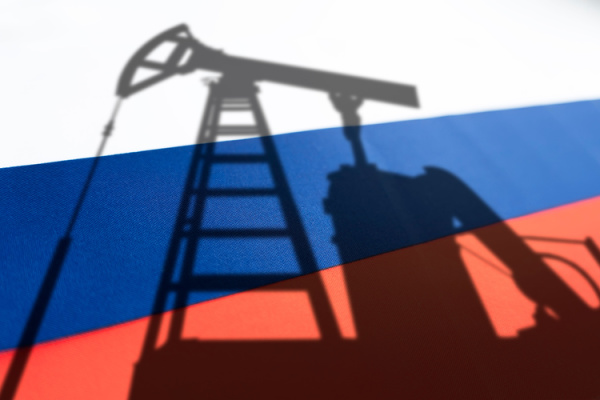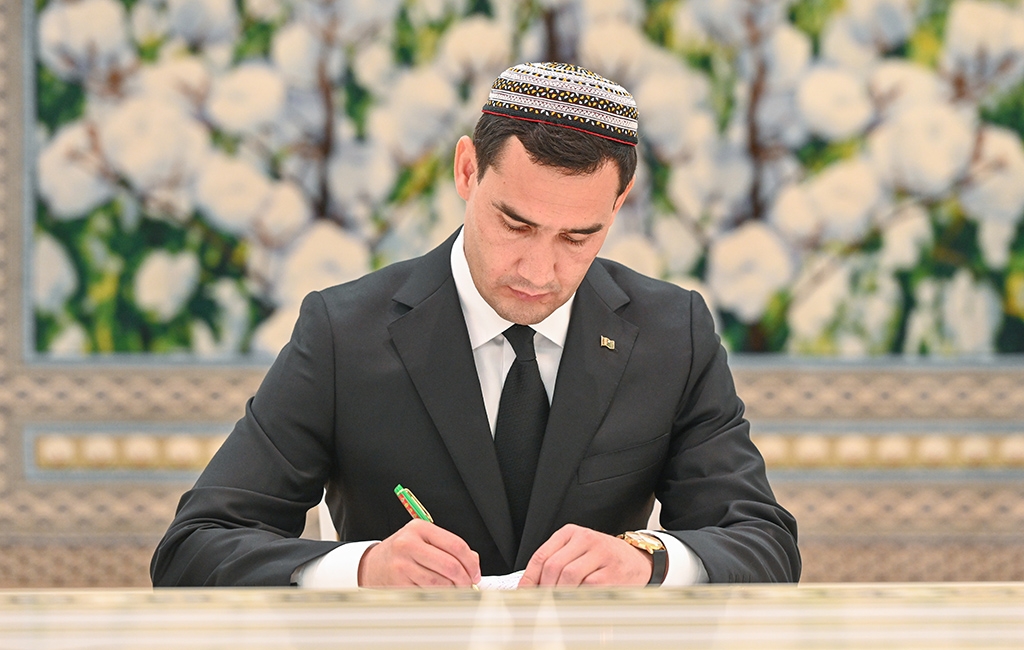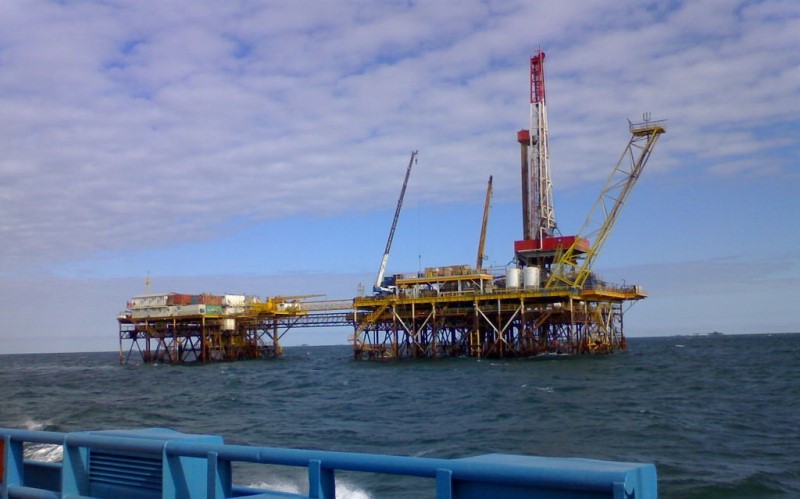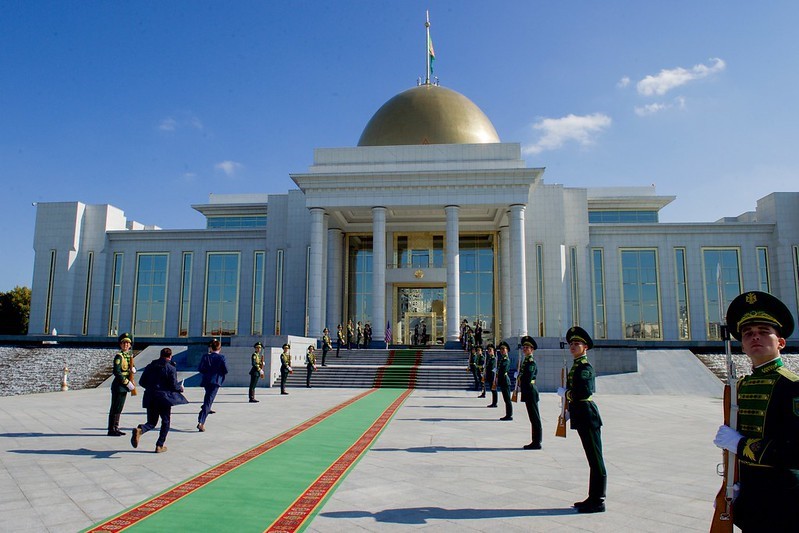Iran and Russia: from “Oil-for-Goods Swap” to “Oil-Gas Swap”
By Vali Kaleji
January 17, 2023
Recent agreements between Tehran and Moscow on an oil-gas swap is another sign of Russia’s turn towards Asian oil and gas markets and closer relations between the two countries in light of Russia’s war in Ukraine. If these agreements are finalized, Iran will import 20 billion cubic meters (bcm) of gas from Russia annually. Since Iran and Russia do not have a common land border, gas must be swapped from two routes, namely Kazakhstan and Turkmenistan in Central Asia and Azerbaijan in the Caucasus.

Turkmenistan Lifts Its Head
By S. Frederick Starr
December 2, 2022
In recent months Turkmenistan has emerged from its self-imposed shell. Under its new president, Serdar Berdimuhamedov, it has launched a very active, though still cautious, foreign policy. While reaffirming its neutral status, which the UN recognized in 1995, it has intensified its relations with all the global powers and, significantly, with its neighbors as well. Both the U.S. and EU have applauded these initiatives and the new president’s strategic concept that underlies them. However, events unfold, Turkmenistan has decisively lifted its head, and will henceforth be a significant factor in regional and continental affairs and not simply a perplexing outlier.

Turkmenistan: An Upcoming Dynastic Transition?
By Slavomír Horák
February 15, 2022, the CACI Analyst
Turkmenistan's Halk Maslahaty extraordinary session, scheduled for February 11, 2022, was expected with great expectations within the Turkmenistan expert community. Unlike formal and ritual phrases usually accompanying the event, President Gurbanguly Berdimuhamedow's rhetoric differed in this case. The proclaimed adoption of the strategy for the next 30 years was connected with the new leader, expectedly his son Serdar Berdimuhamedow. The Halk Maslahaty announced an extraordinary presidential elections for March 12, 2022, yet another step in the power transition in Turkmenistan. However, several external and internal as well as long- and short-term factors determined the timing of the transition. At the same time, the transition will not be fully accomplished as the current president does not fully step back from power.

Azerbaijan and Turkmenistan Agree on the Caspian
By Robert M. Cutler
March 12, 2021, the CACI Analyst
For over twenty years, Azerbaijan and Turkmenistan have been at odds over the mid-Caspian oil and gas field that the former called “Kepez” (often rendered “Kyapaz” from the Russian) and that the latter called “Sardar.” In late 2020, they agreed to rename it Dostlug/Dostluk, meaning “Friendship” in their Turkic languages. On January 21, they signed a Memorandum of Understanding (MoU) agreeing on the terms for their joint exploration and development of the field. This agreement removes the last obstacle to the construction of the Trans-Caspian Gas Pipeline (TCGP).

More than Just Friends? New Azerbaijan-Turkmenistan Agreement on Joint Energy Production in the Caspian Sea
By Brenda Shaffer
February 16, 2021, the CACI Analyst
On January 21, 2021 the Presidents of Azerbaijan and Turkmenistan signed an intergovernmental Memorandum of Understanding (MOU) for joint development of the newly named Dostluq (friendship in Azerbaijani and Turkmen languages) oil and natural gas field. This agreement will likely facilitate multiple new ventures in oil and gas in the Caspian Sea. It also reflects the mutual desire of the two states for increased cooperation in multiple spheres beyond energy and is the result of increased contacts between the two neighboring countries over the last two years. Increased cooperation between Azerbaijan and Turkmenistan is likely to emerge beyond the sphere of energy.




